Many of our family and friends think we lead an unusual life (OK- they think we are batsh*% crazy). I acknowledge that what we are doing is not the norm but, to Michael and me, it makes the most sense.
For as long Lucas and Henry are school-aged, we will constantly be asked, “How are they learning?” and “What ‘school’ or ‘curriculum’ are they doing? It is hard for us to answer these questions in a way that will appease people who see traditional school as the only way for kids to learn. Our job is not to help people understand our choices, but I will try to explain why Michael and I choose to embrace worldschooling for Lucas and Henry.

In a rapidly changing world, traditional education systems often struggle to keep pace with the evolving needs of students. As parents, we constantly seek innovative approaches to provide our children with a well-rounded education that extends beyond the confines of a classroom. Enter worldschooling—an alternative educational philosophy that transcends borders, fosters experiential learning, and empowers children to become global citizens.
1. Exploring the Globe: Because Learning Happens Everywhere
One of the primary reasons we opt for worldschooling is its ability to expose our children to diverse cultures, languages, and perspectives. So, picture this: instead of being in a classroom staring at maps and globes, our kids are out there living in it—soaking up the sights, sounds, and smells of different cultures. Through immersive travel experiences, Lucas and Henry have had the opportunity to walk the bustling streets of Bangkok, explore ancient ruins in Rome, and engage with indigenous communities in the Amazon rainforest. They are getting a firsthand education in diversity and global citizenship that cannot be matched by textbooks alone.
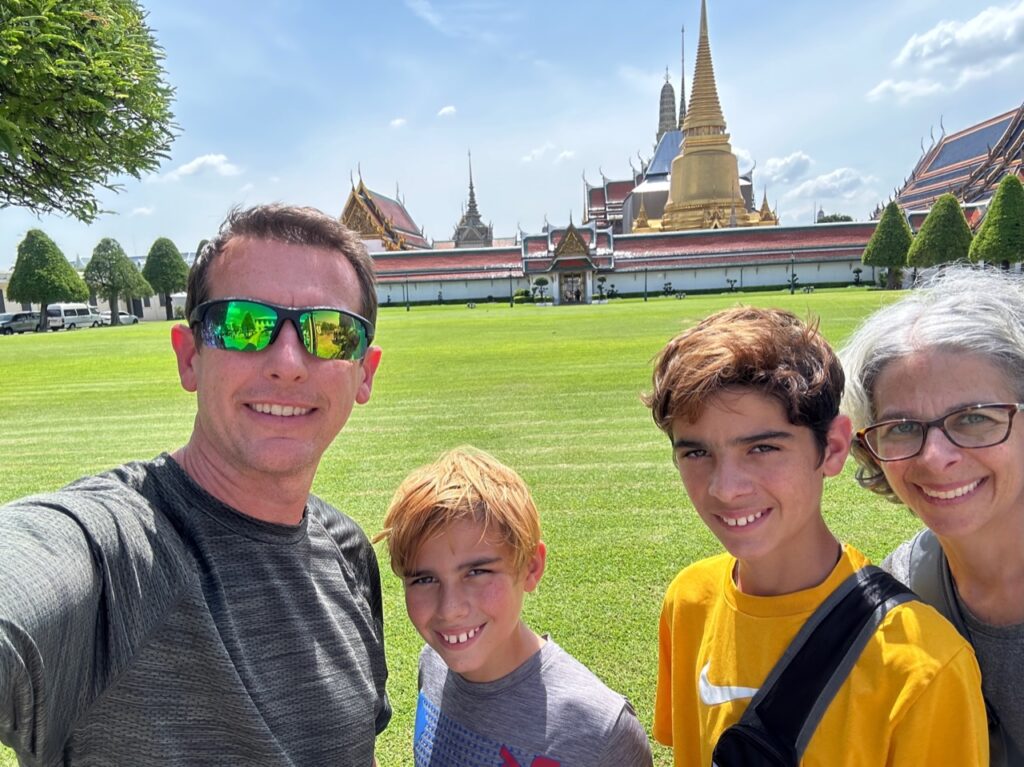
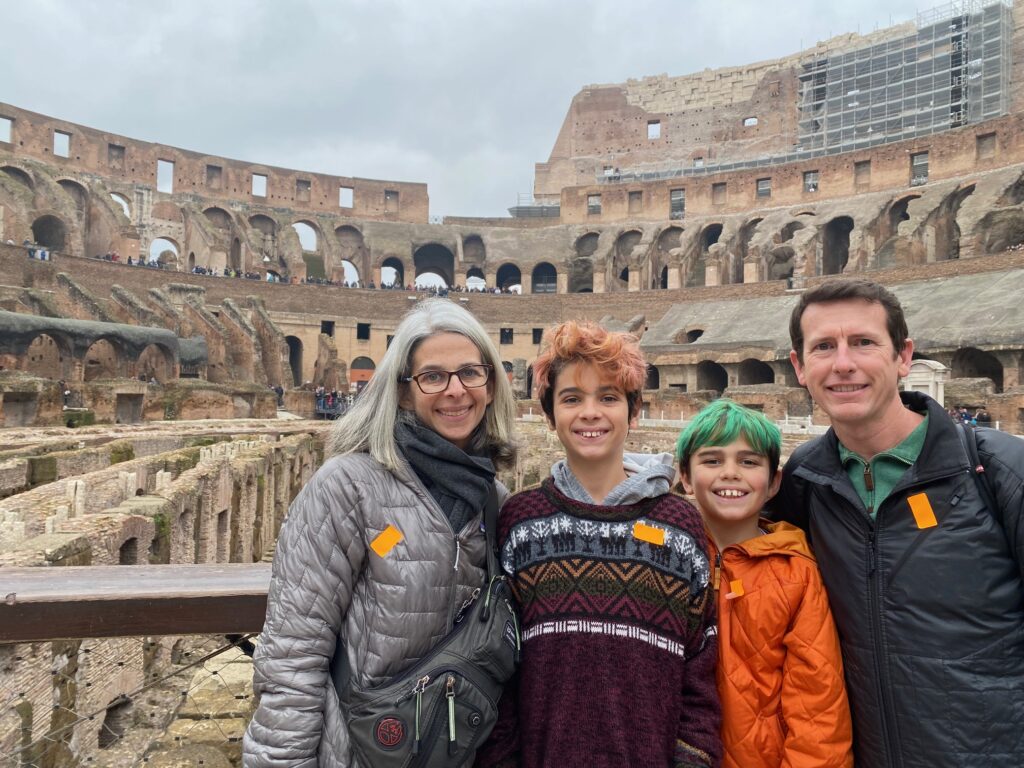
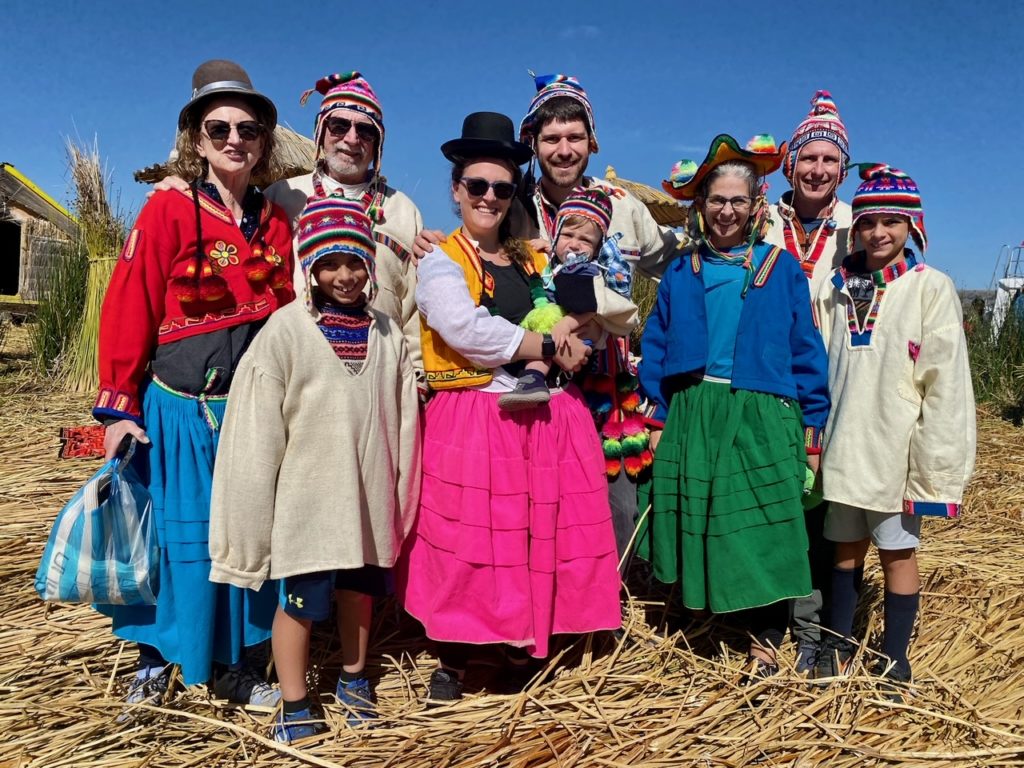
2. From Textbook Theory to Real-Life Adventures
In a worldschooling environment, learning extends far beyond the pages of a textbook, emphasizing hands-on experiences and real-world applications. Whether studying history amid the ruins of Machu Picchu or learning about marine biology in the Galápagos Islands, Lucas and Henry are actively engaged in their education, making meaningful connections between theory and practice. Our kids are diving headfirst into real-world experiences that not only make learning fun, but also equip them with invaluable life skills such as problem-solving, adaptability, and cultural competence—all essential for success in today’s interconnected world.
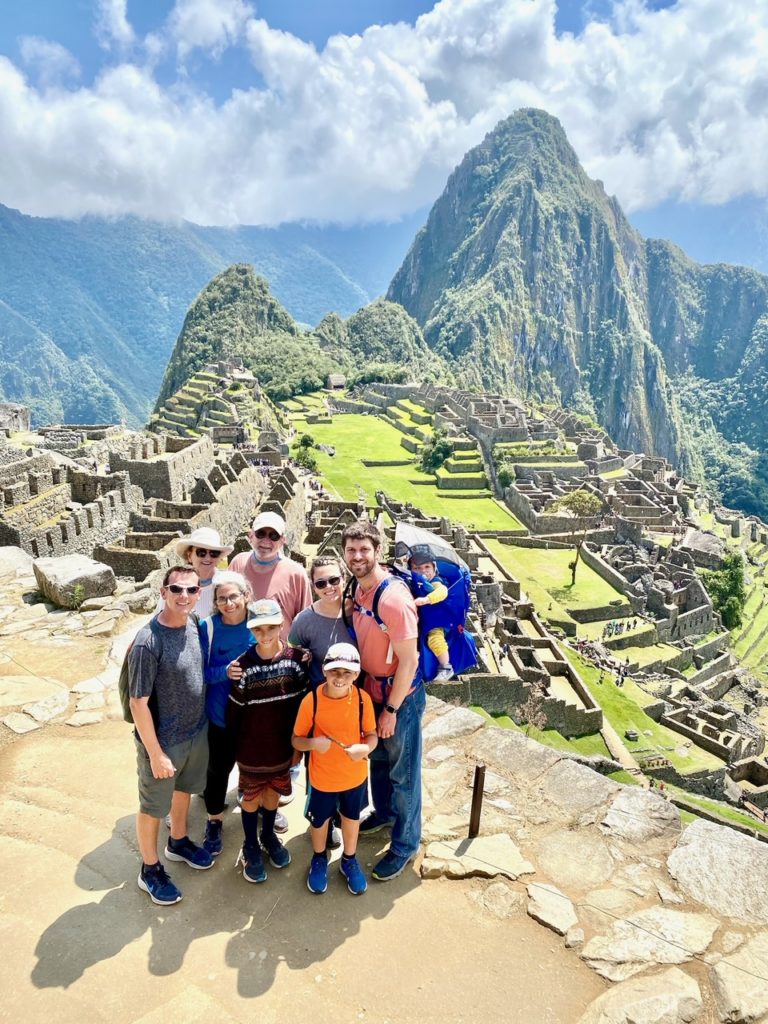
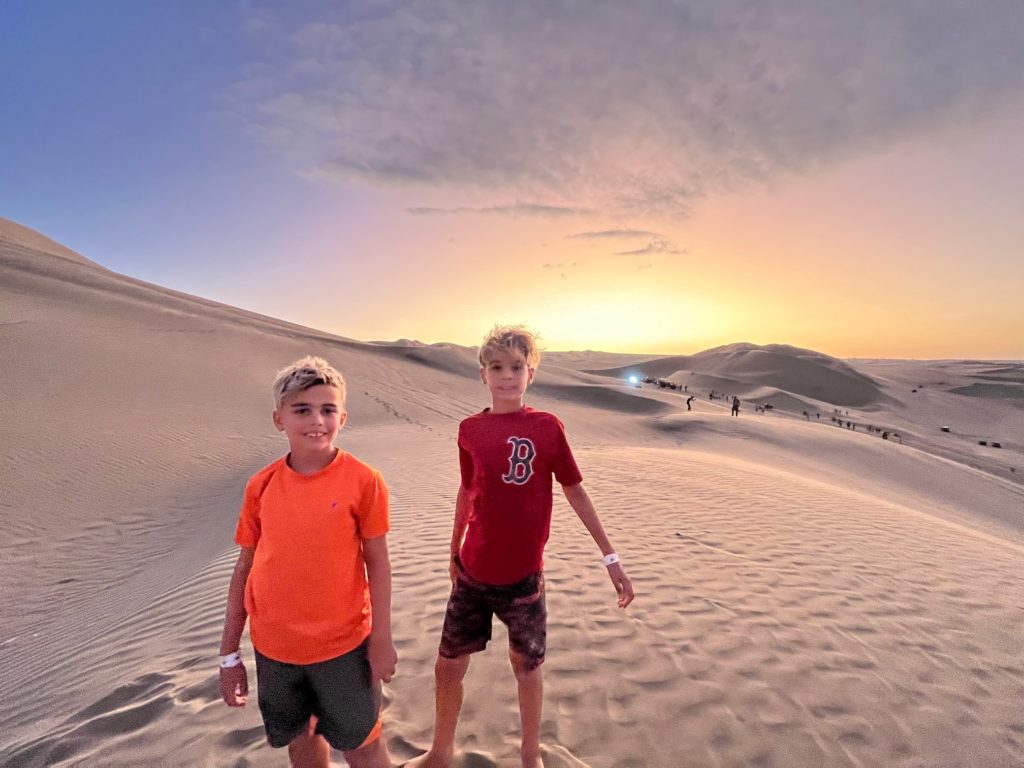
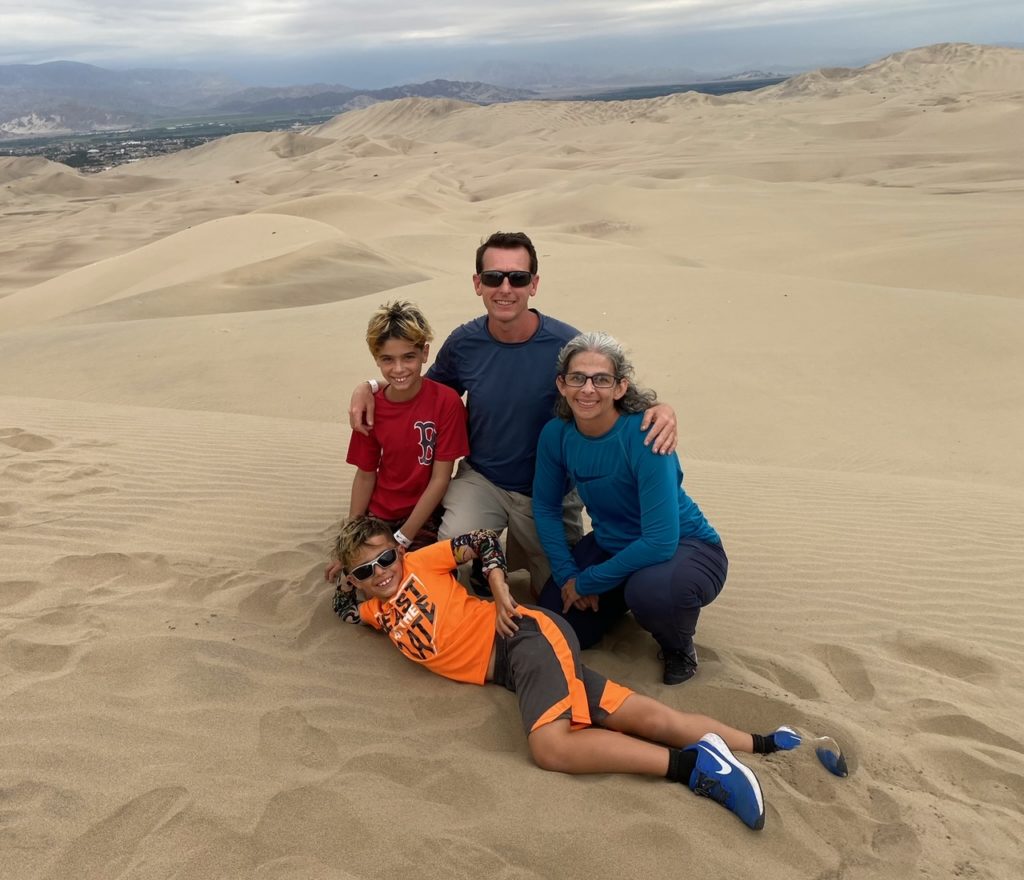
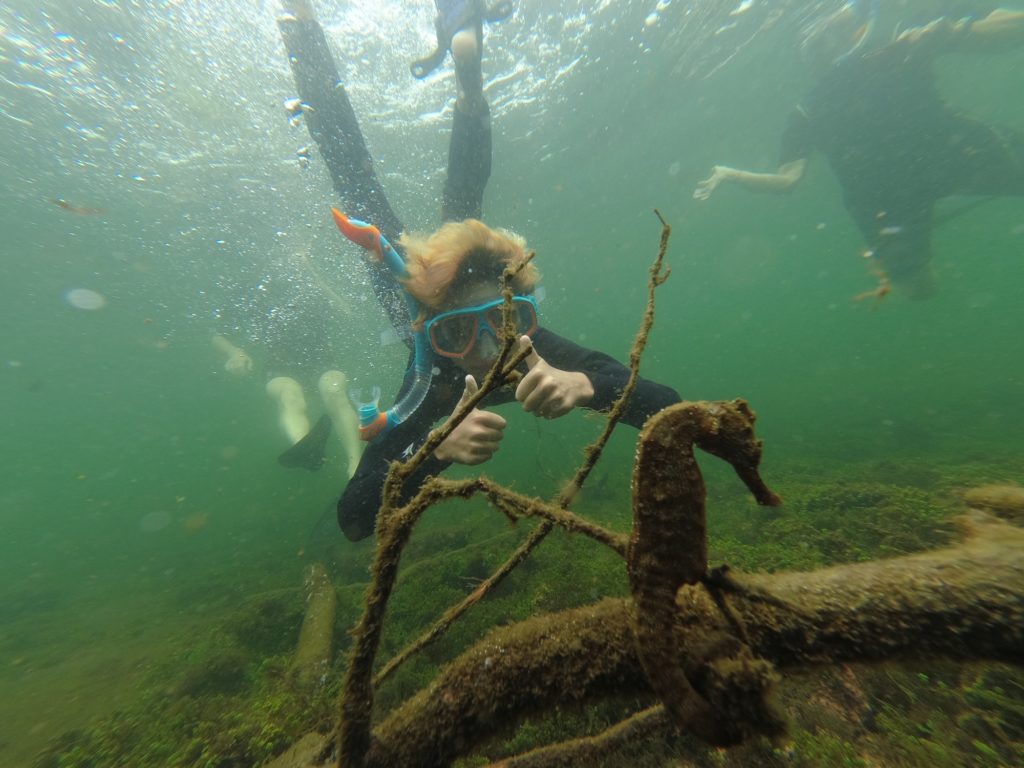
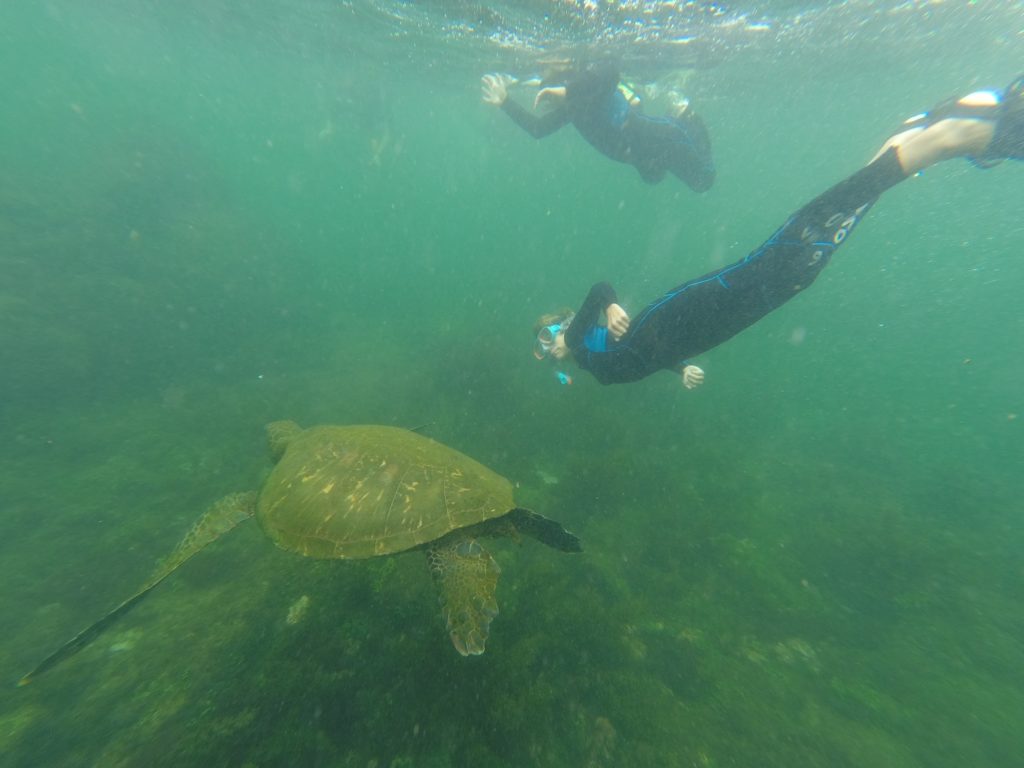
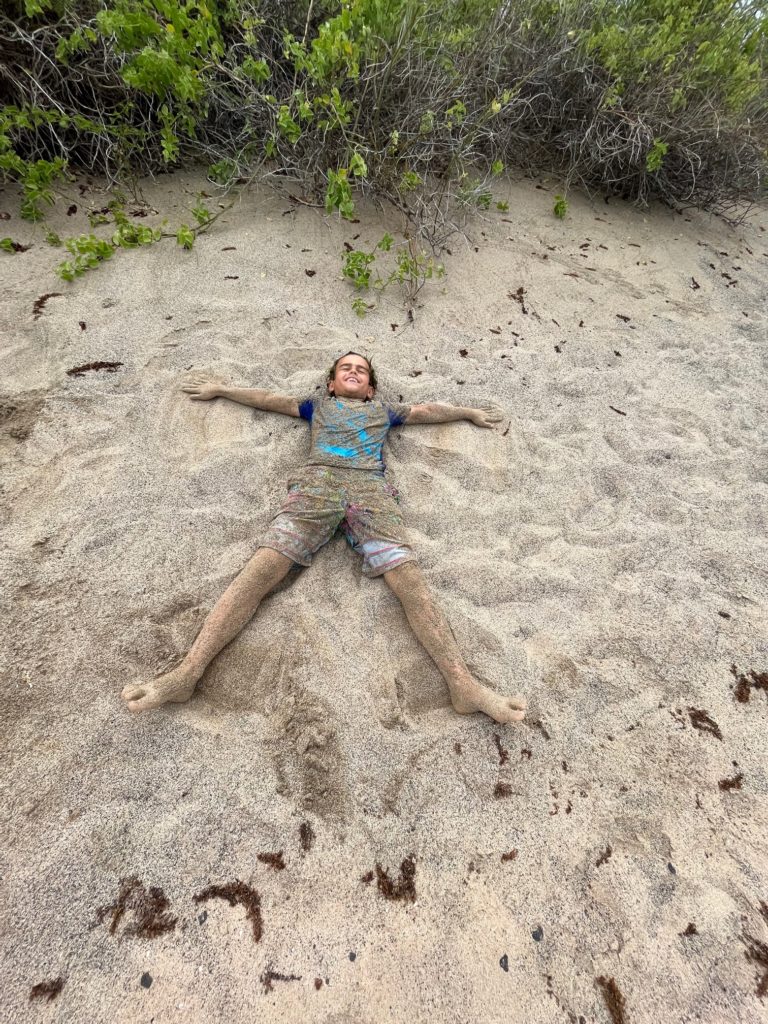
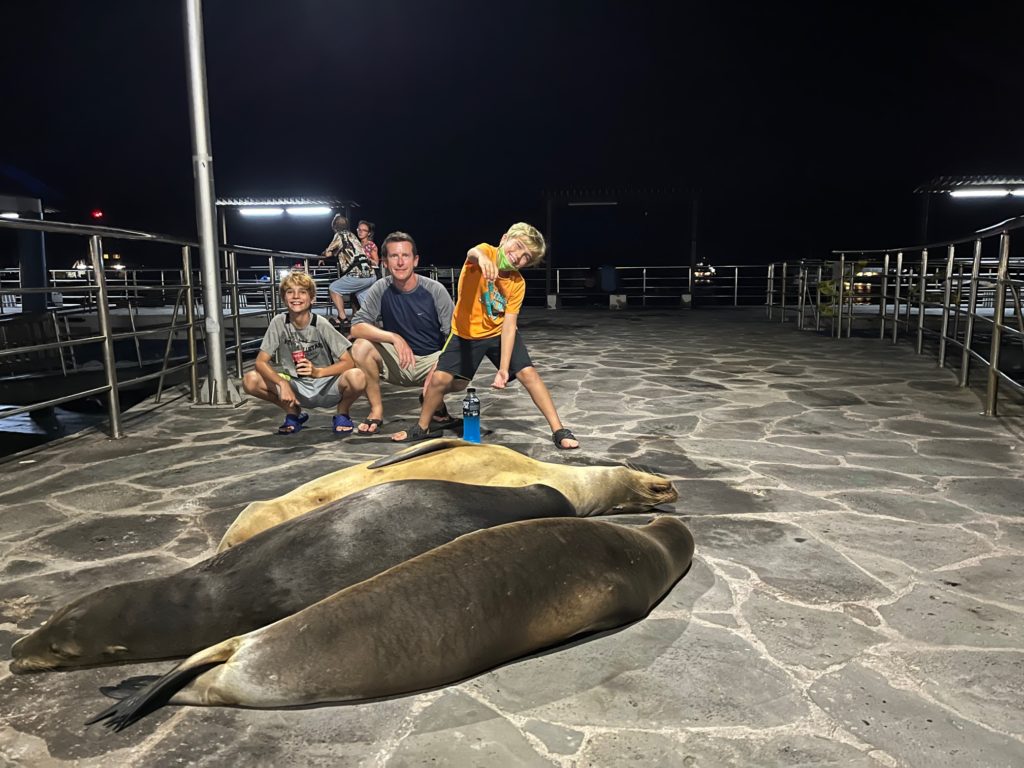
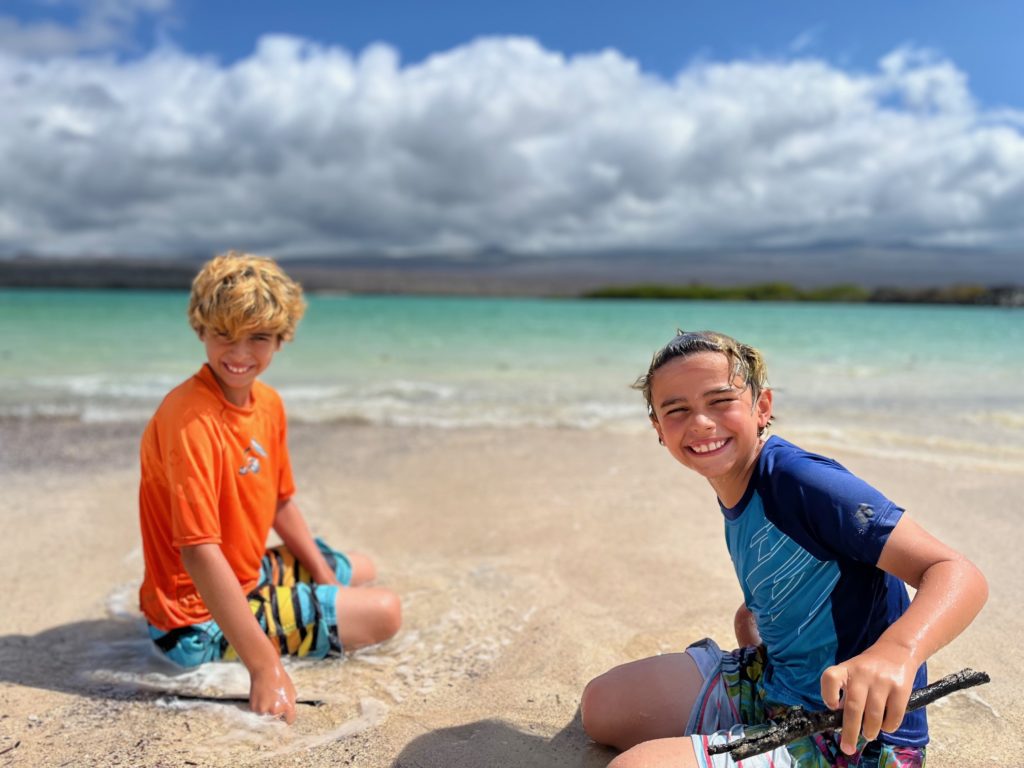
3. Flexibility Rules: Because One Size Does Not Fit All
One of the inherent advantages of worldschooling is its flexibility, allowing us to tailor Lucas and Henry’s education to their unique interests, learning styles, and developmental stages. Unlike the rigid structures of traditional schooling, which often prioritize standardized testing and conformity, worldschooling enables us to design a learning environment that is dynamic and responsive to Lucas and Henry’s evolving needs. We are giving them the freedom to learn in a way that works best for them. Whether pursuing a passion project like pickleball, delving into local history through immersive field trips, or mastering a new skill like scuba diving, our children are free to chart their educational journey, fostering a love of learning that extends far beyond the classroom walls.
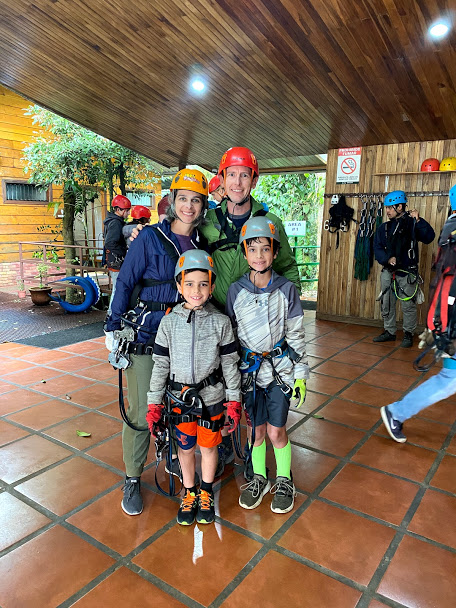

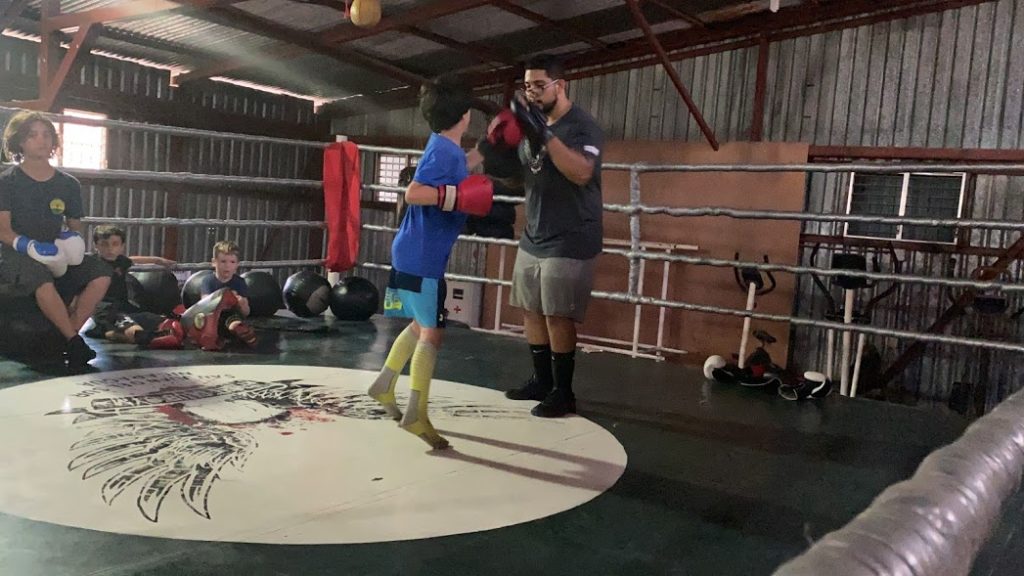
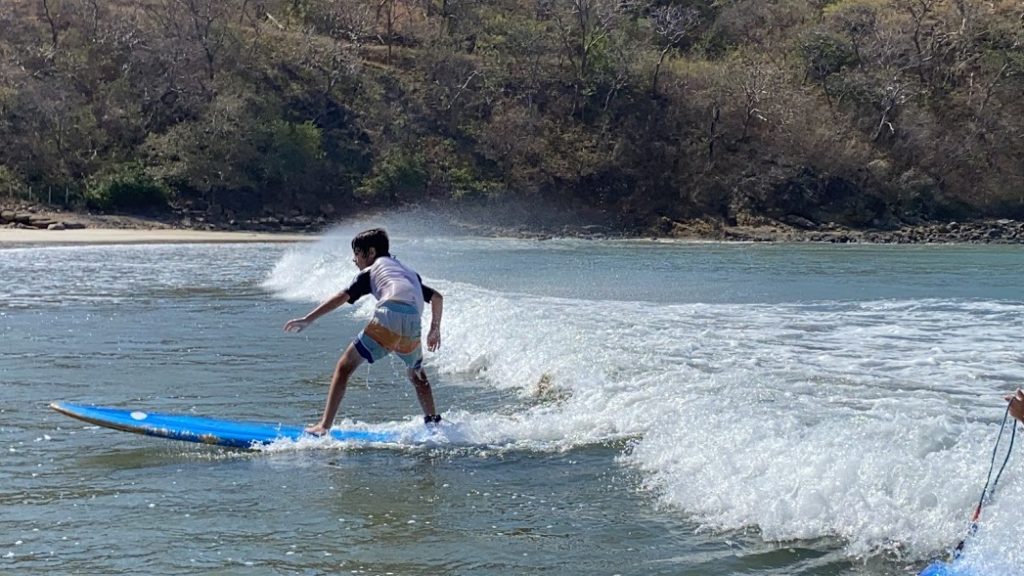
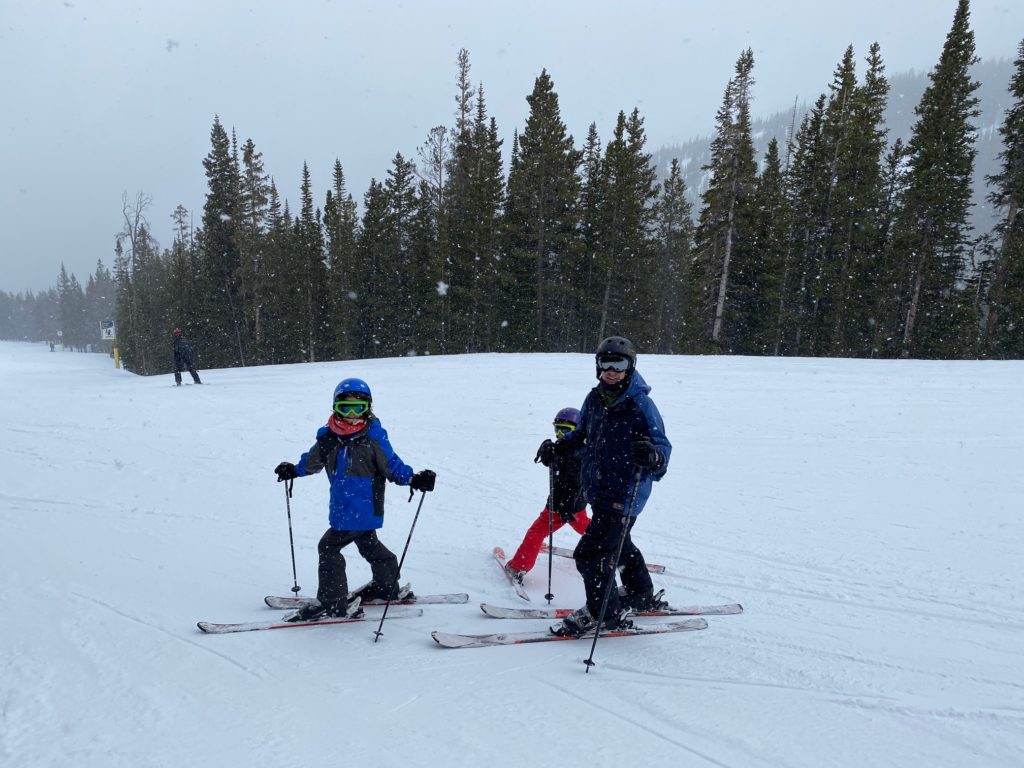
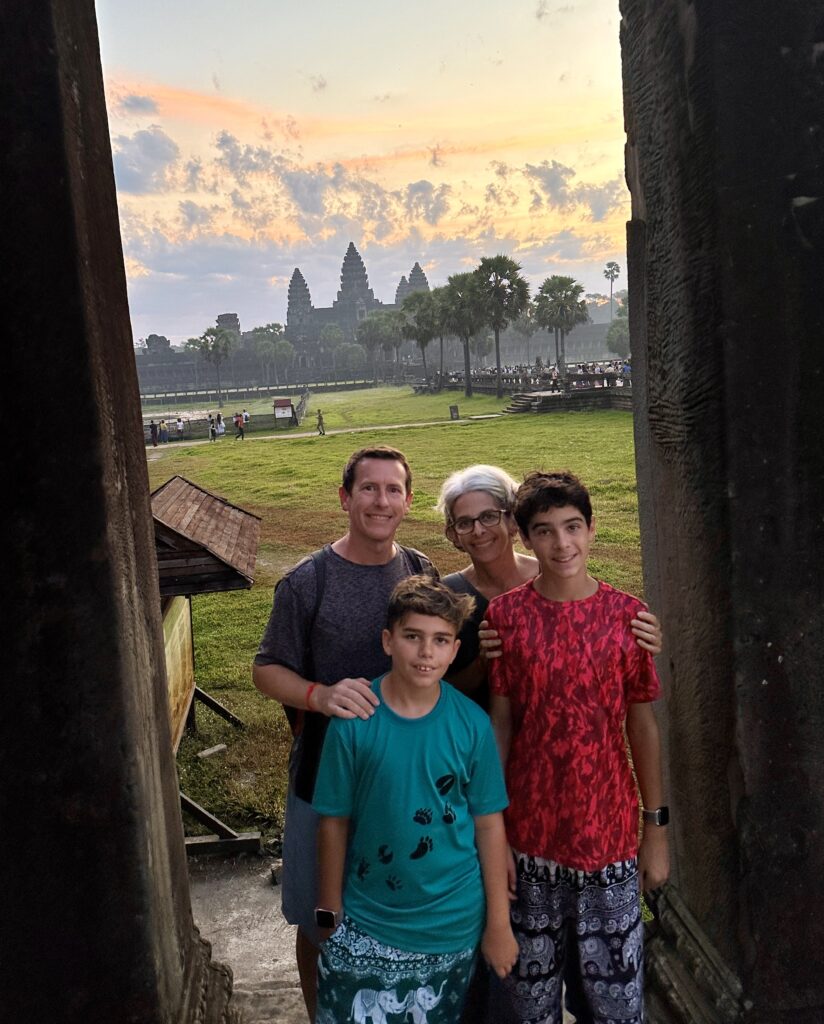
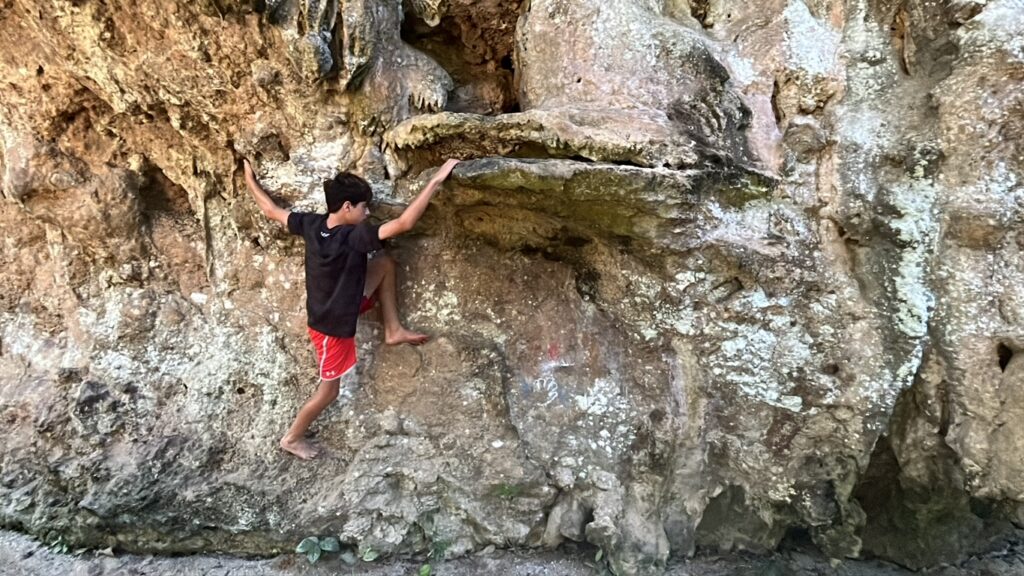
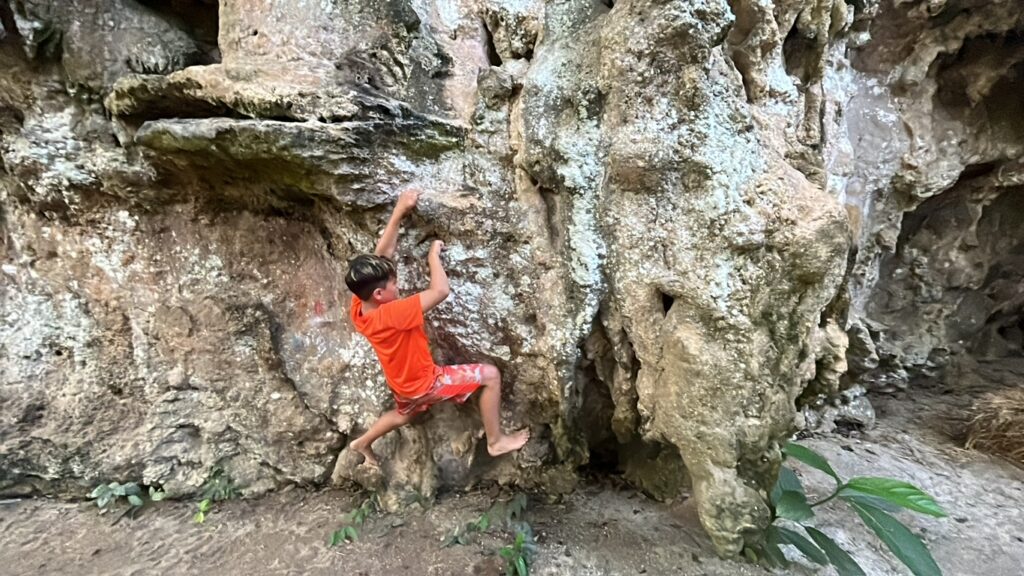
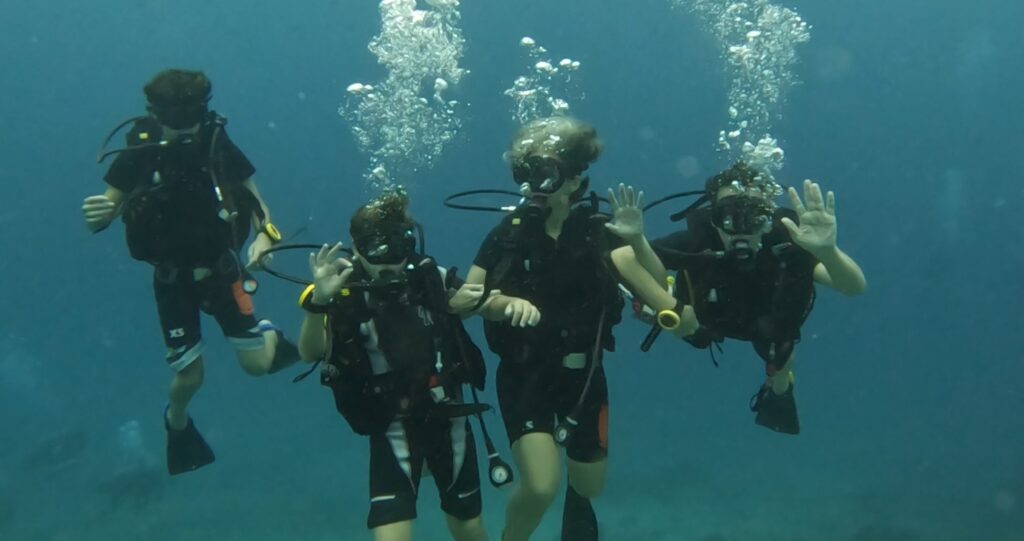
4. Being Good Global Citizens: Making a Difference, One Adventure at a Time
At the heart of worldschooling lies a commitment to nurturing global citizenship—the idea that we are interconnected members of a global community with a shared responsibility to promote peace, justice, and sustainability. Sure, math and science are important, but so is learning how to be a decent human being, am I right? Through service-learning projects, volunteer opportunities, and cross-cultural exchanges, Lucas and Henry are actively engaged in learning about pressing global issues such as poverty, environmental conservation, and social inequality. They are not just memorizing facts—they are becoming compassionate, socially responsible citizens who want to make the world a better place—a vital aspect of their education that extends far beyond academic achievement.
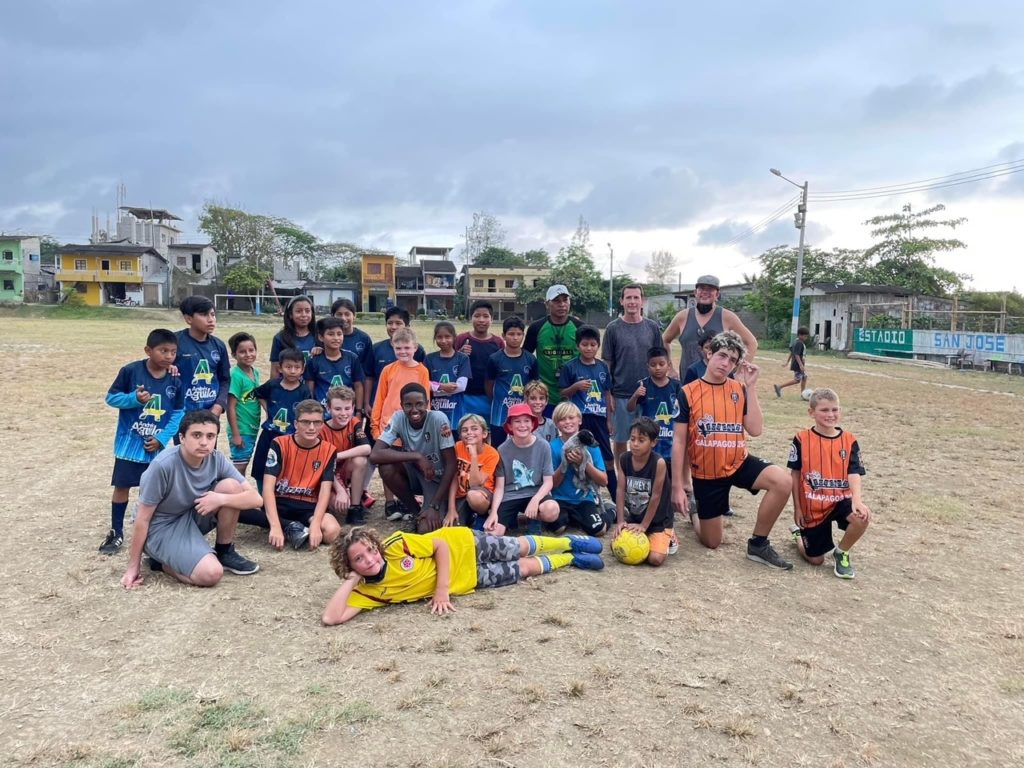
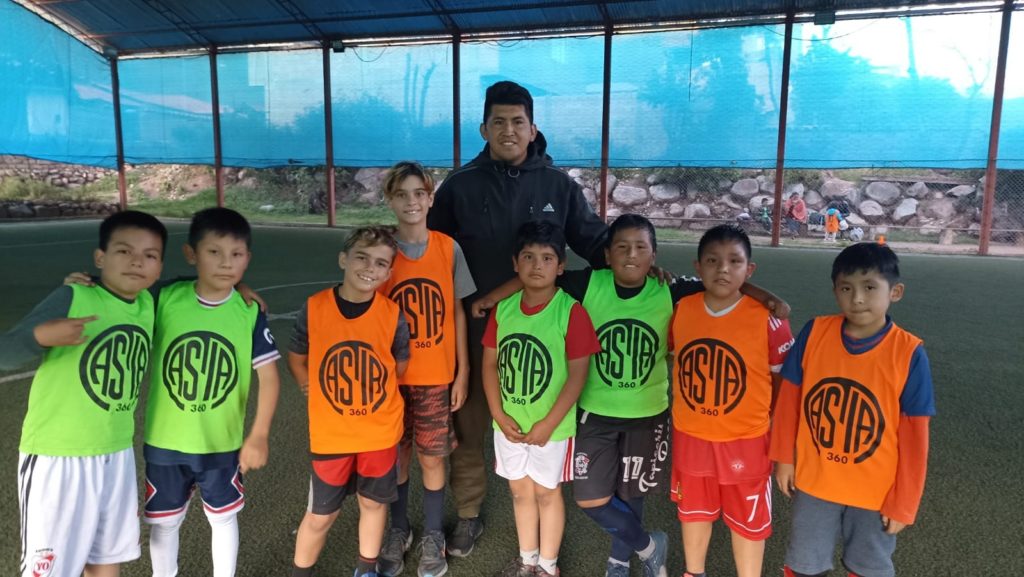
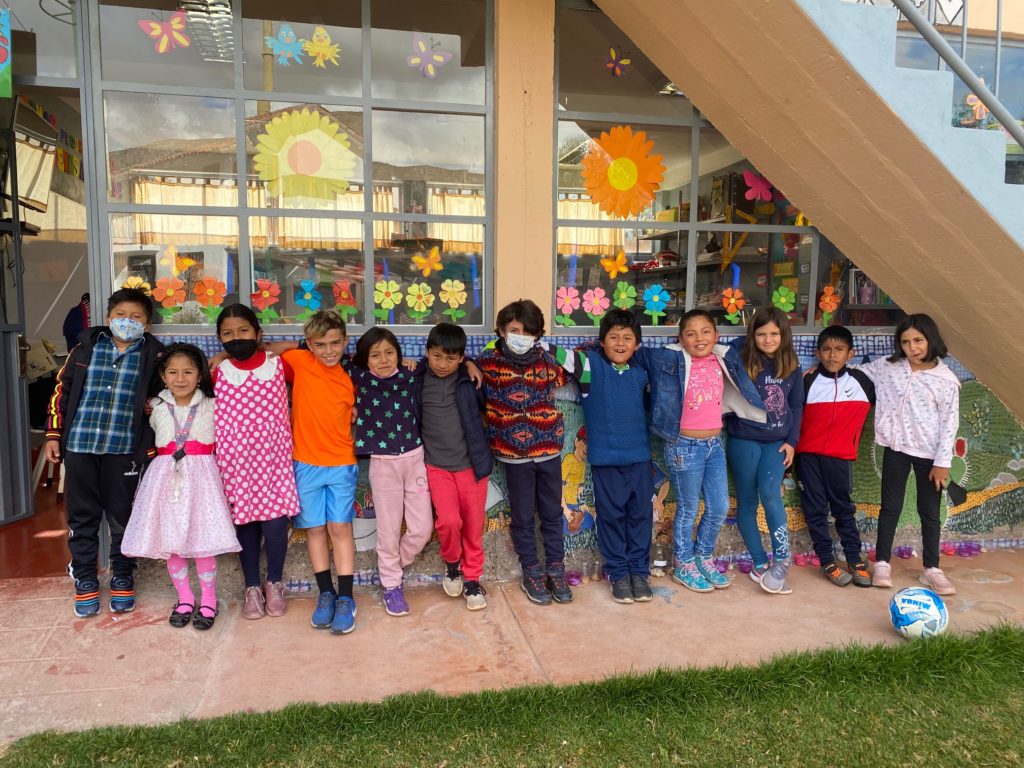
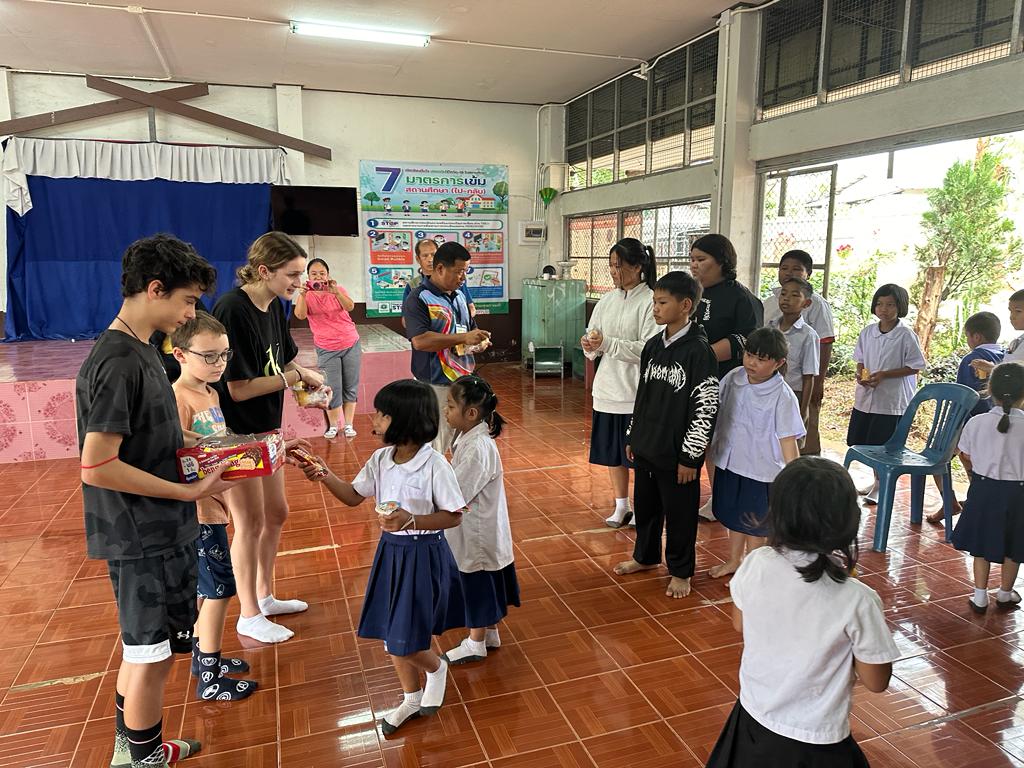
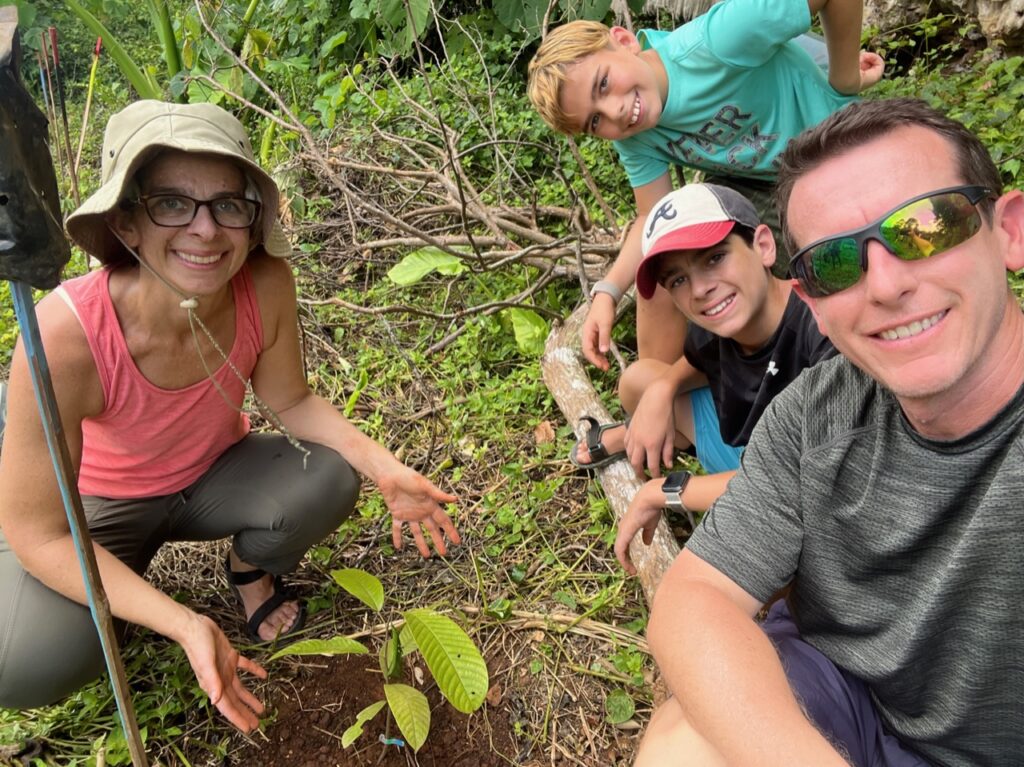
5. Lifelong Learning: Because School Shouldn’t End at Graduation
In a world that is changing faster than we can keep up, we are all about instilling a lifelong love of learning in our kids. In a world characterized by rapid technological advancements and shifting socio-economic landscapes, the ability to adapt and learn continuously is more critical than ever. Whether they’re taking a gap year to travel the world, pursuing higher education, or diving into the workforce, we want them to approach life with curiosity, resilience, and a hunger for knowledge. Because let’s face it—school might end, but the adventure never does.
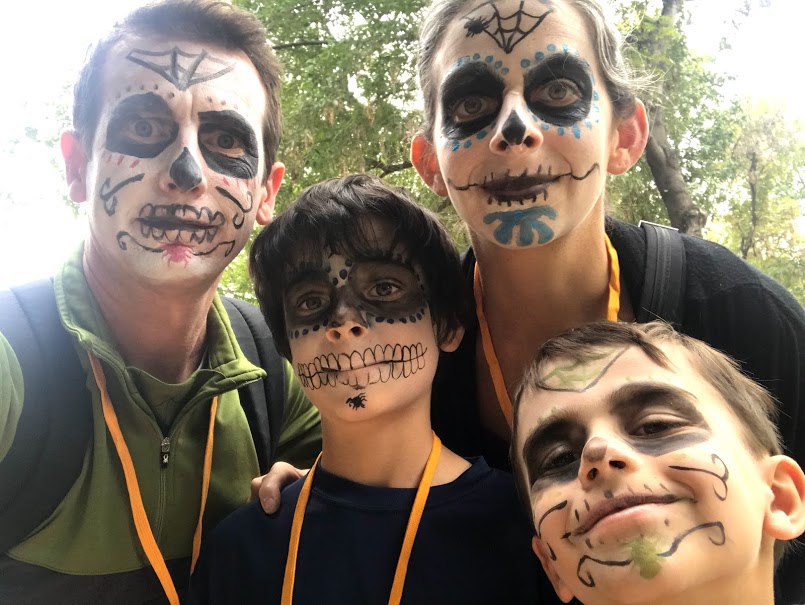

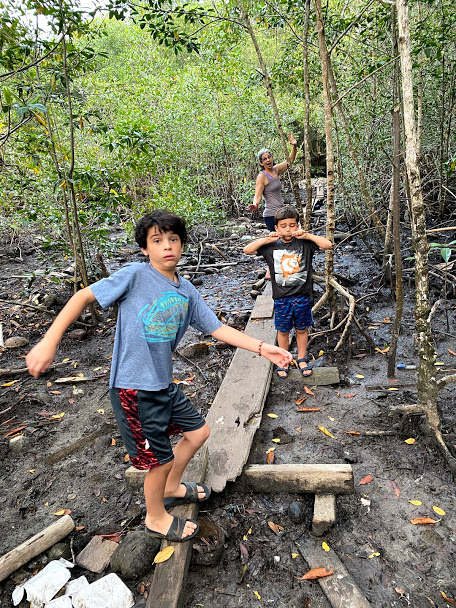
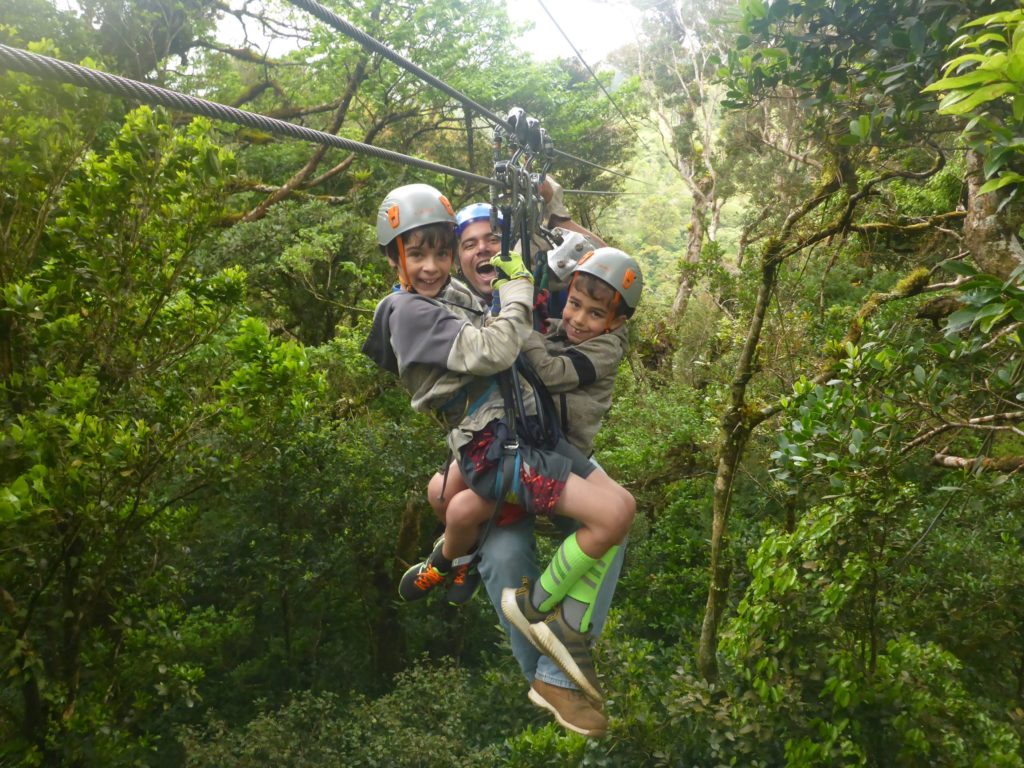

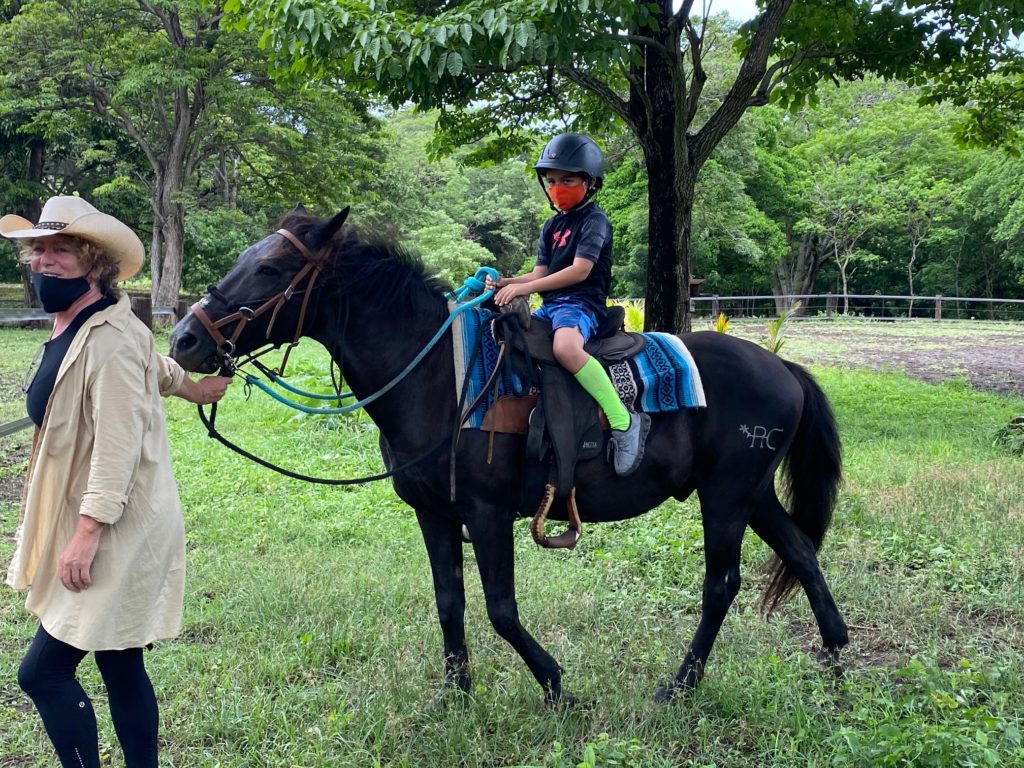
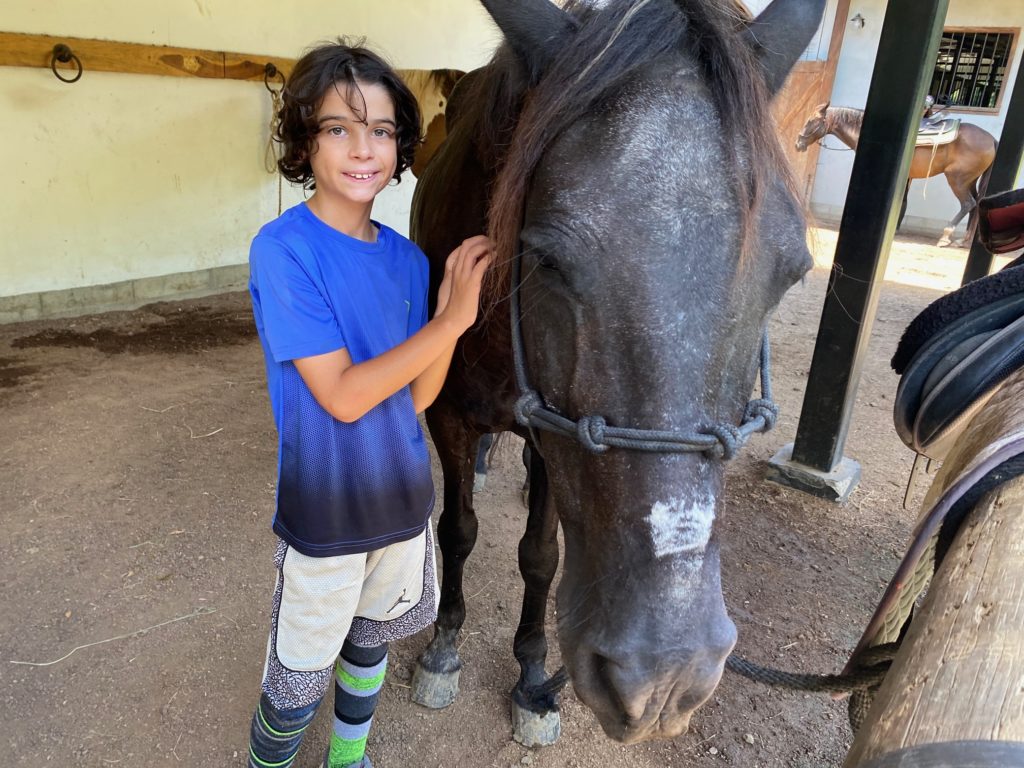
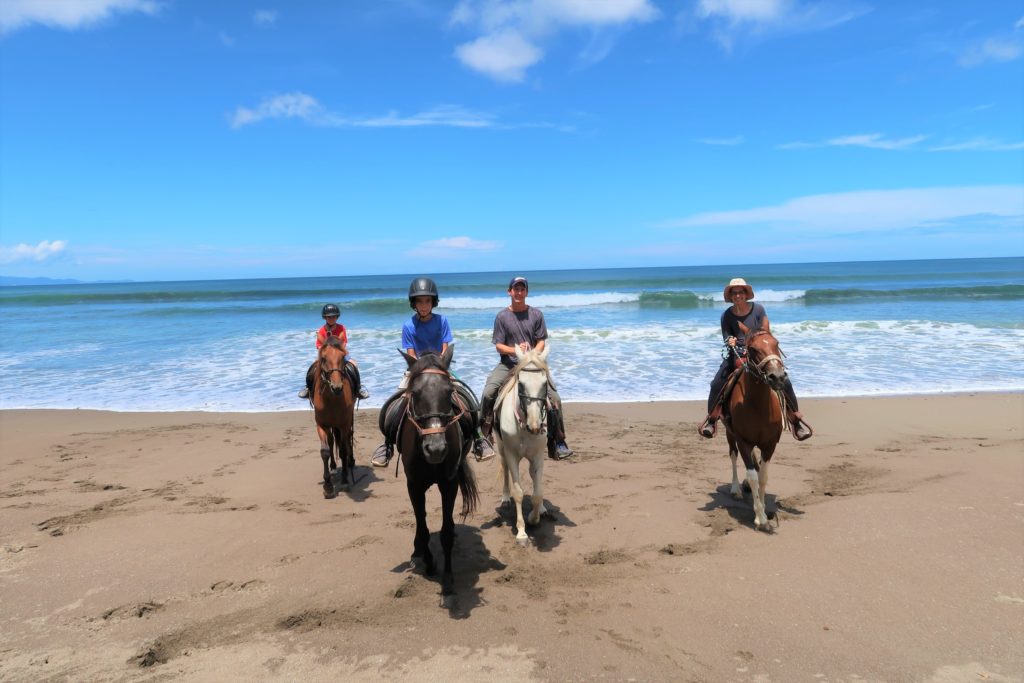
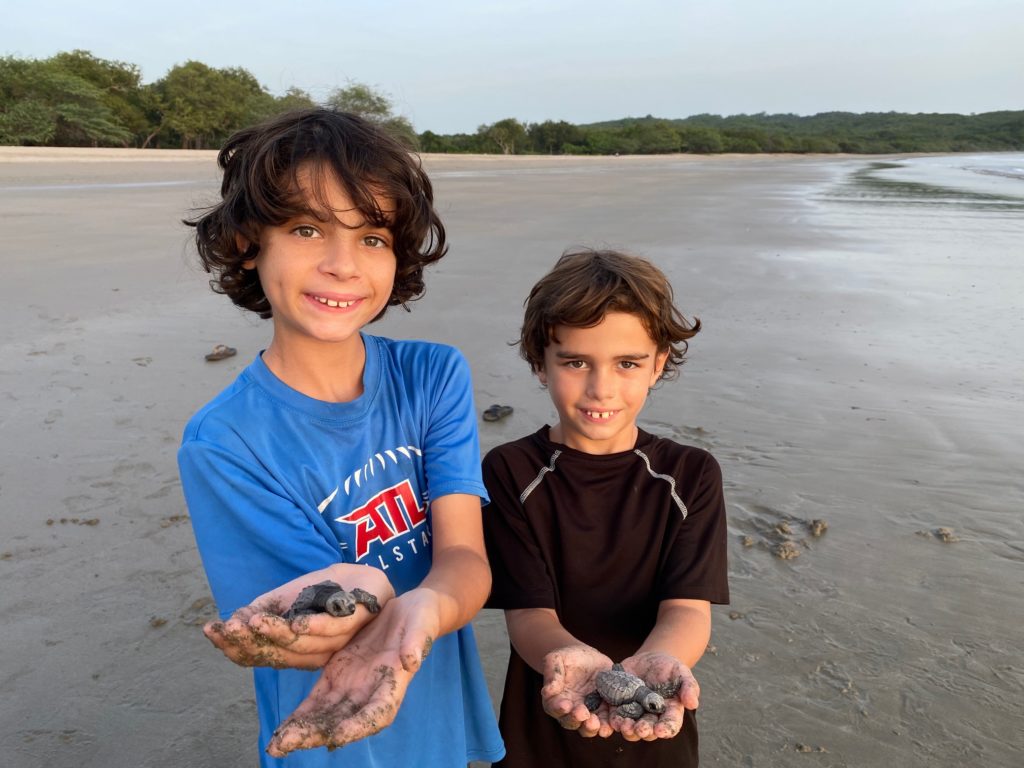
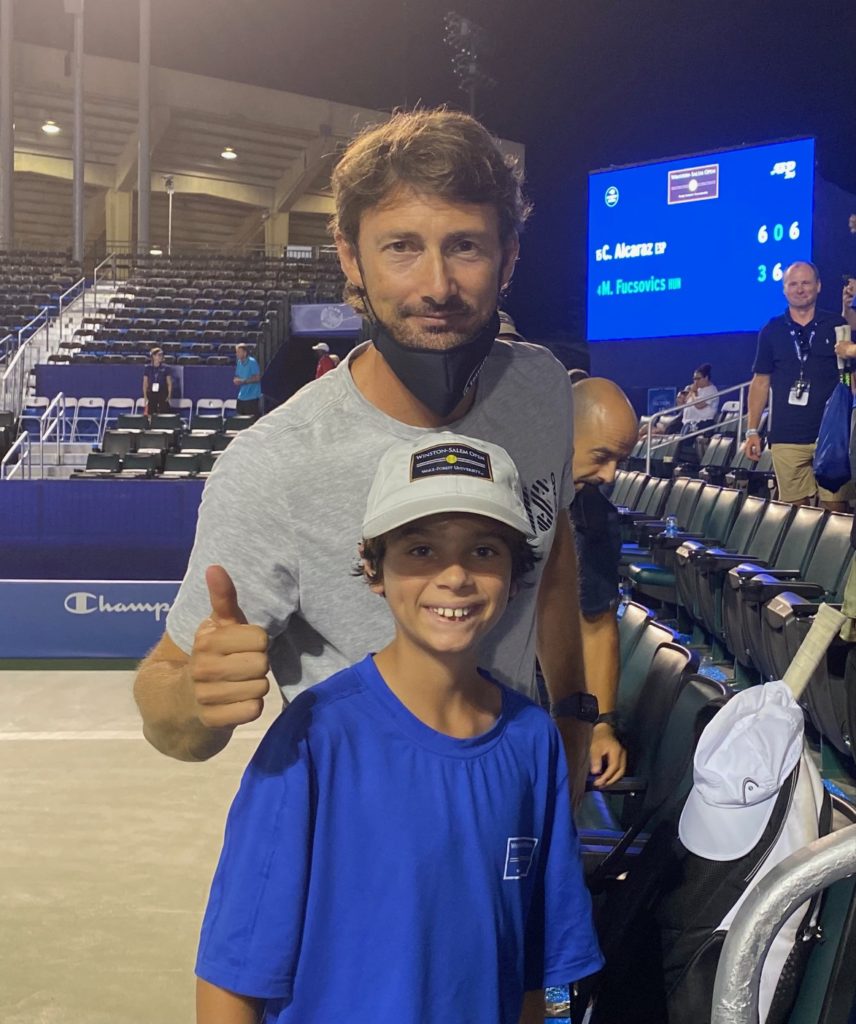
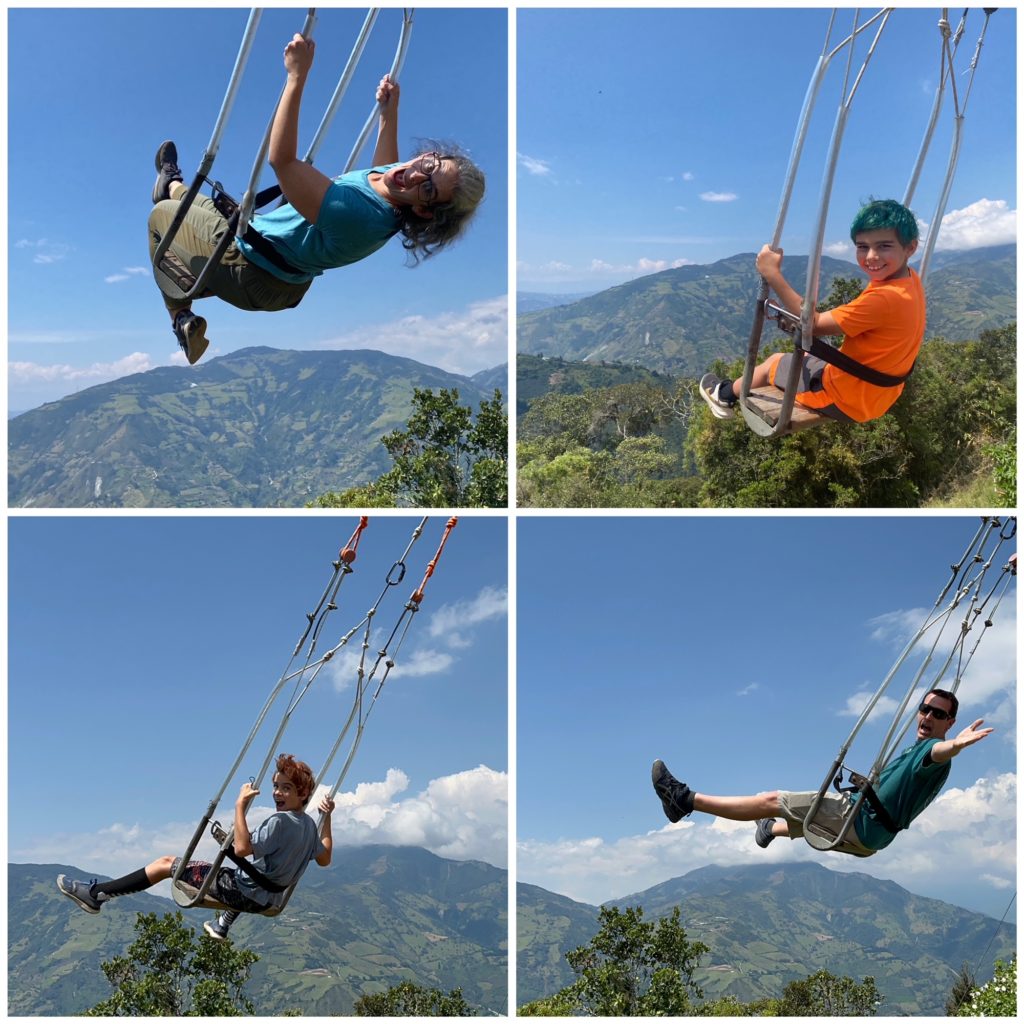
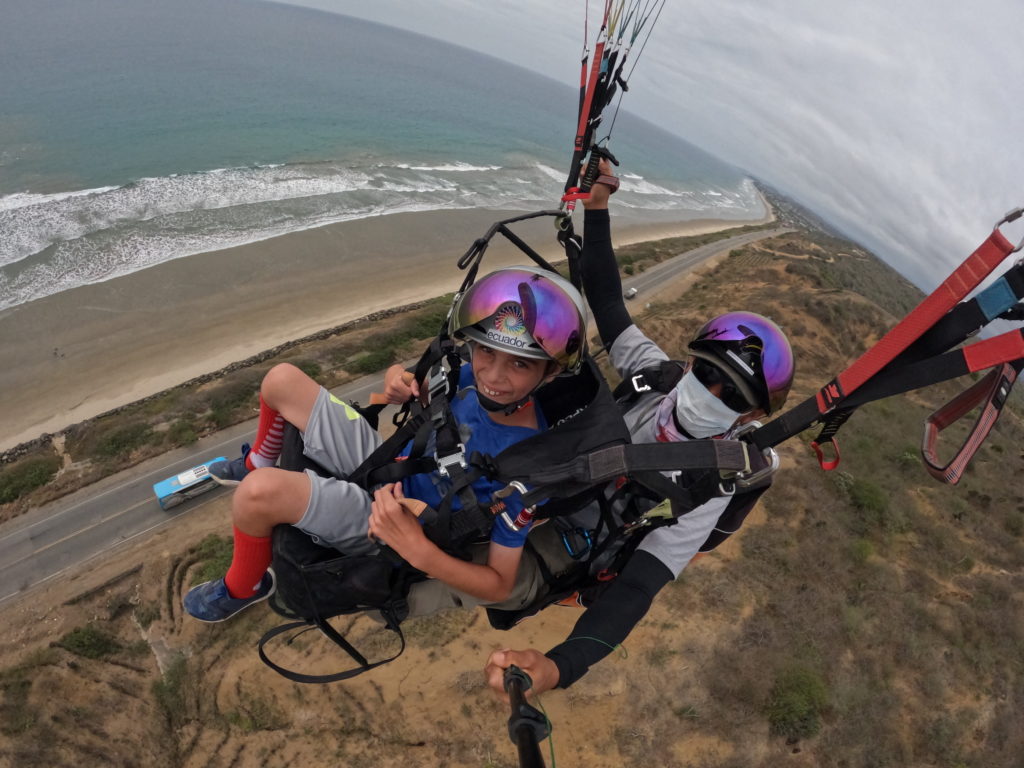
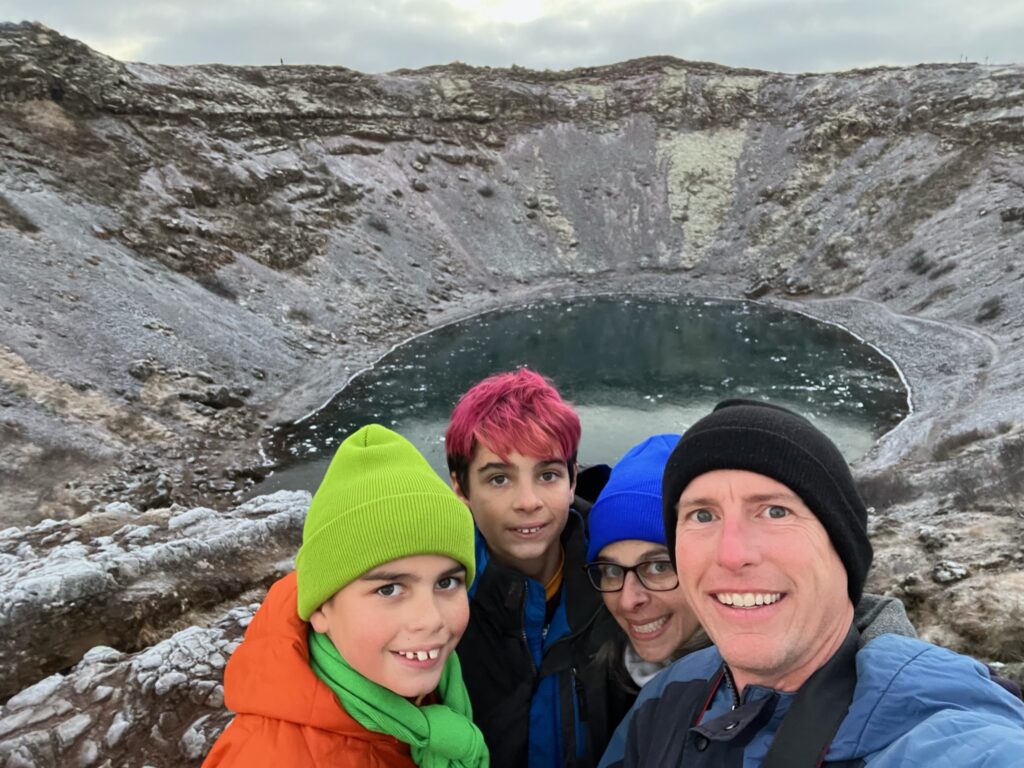
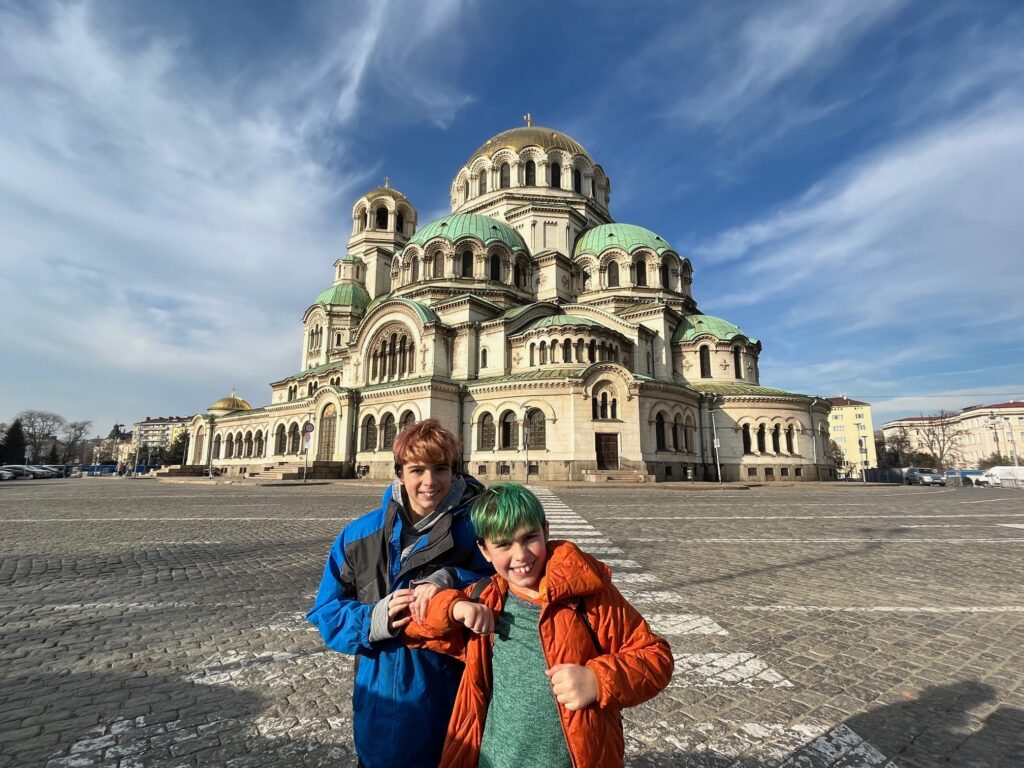
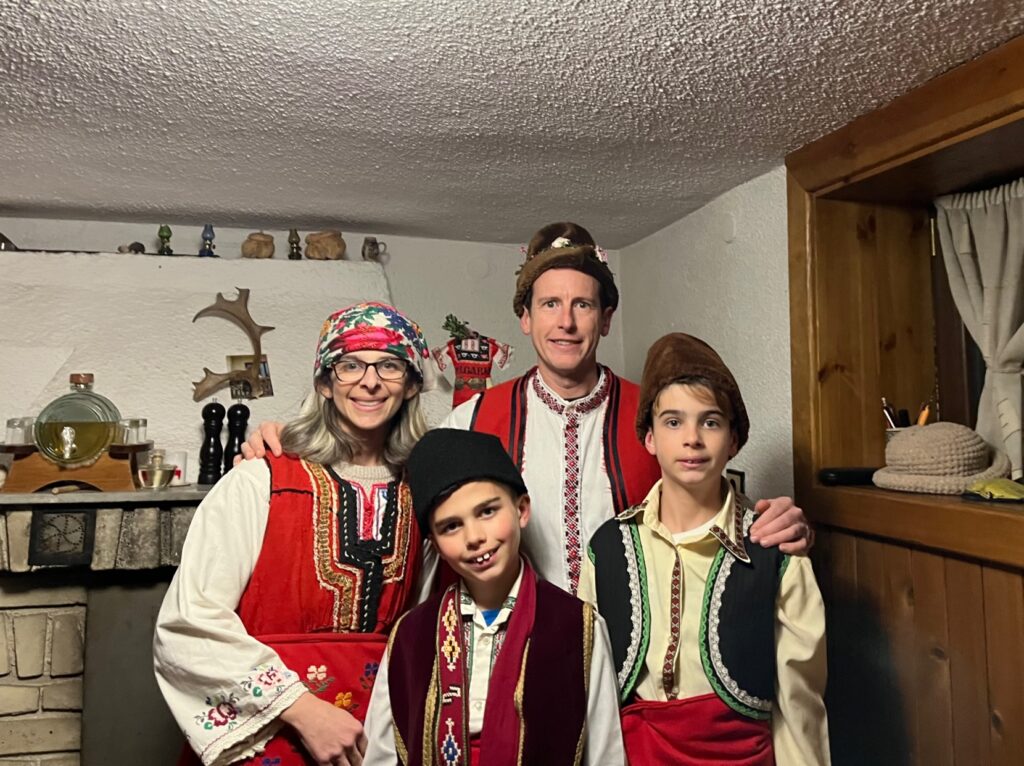
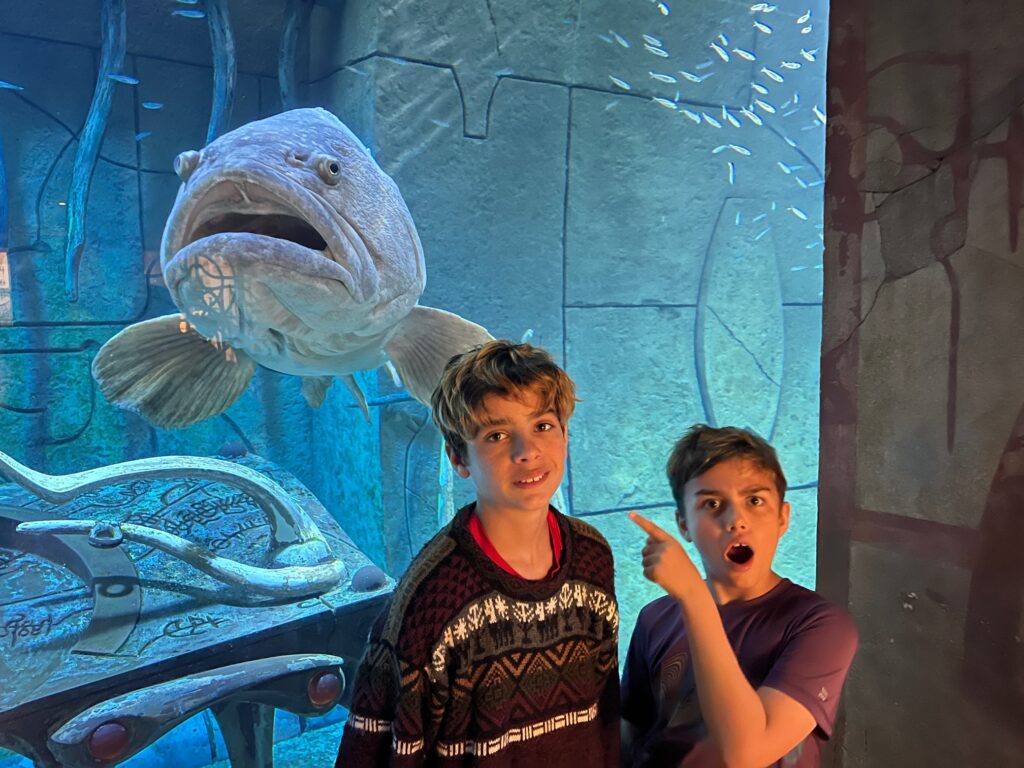
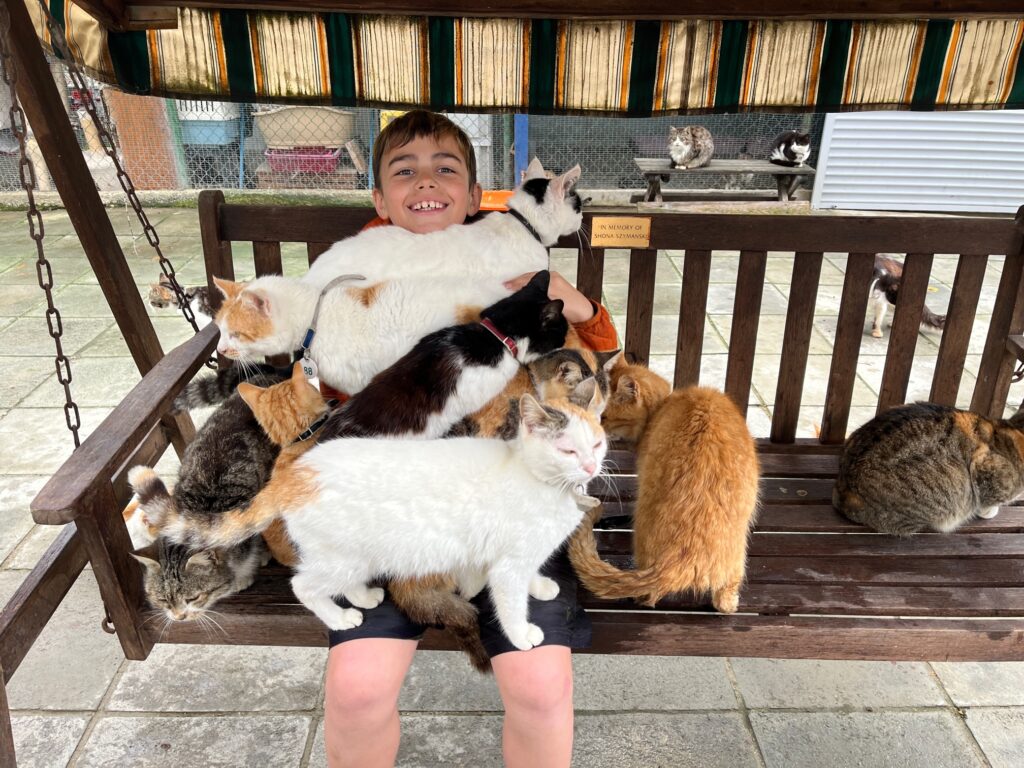
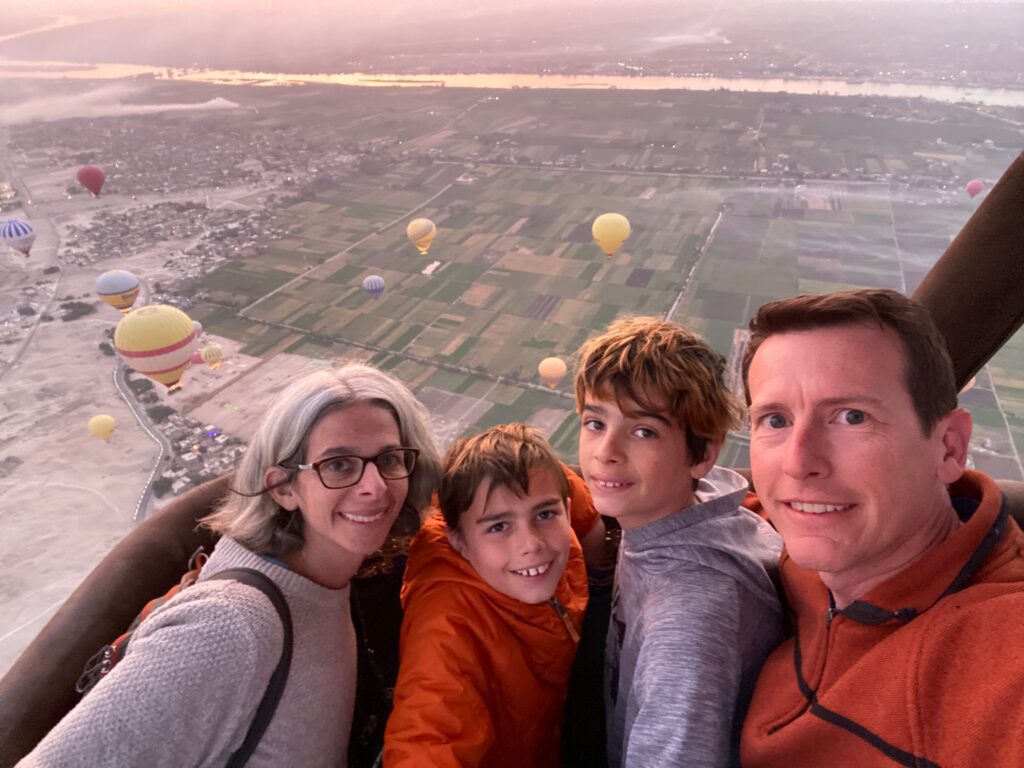
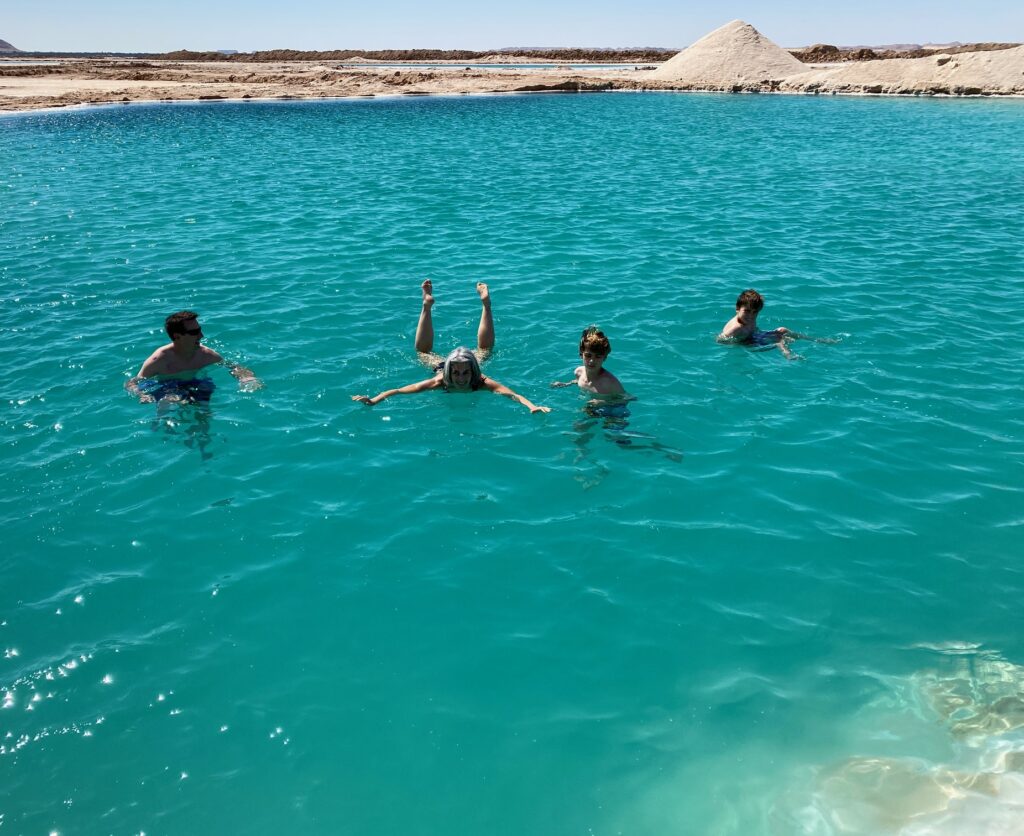
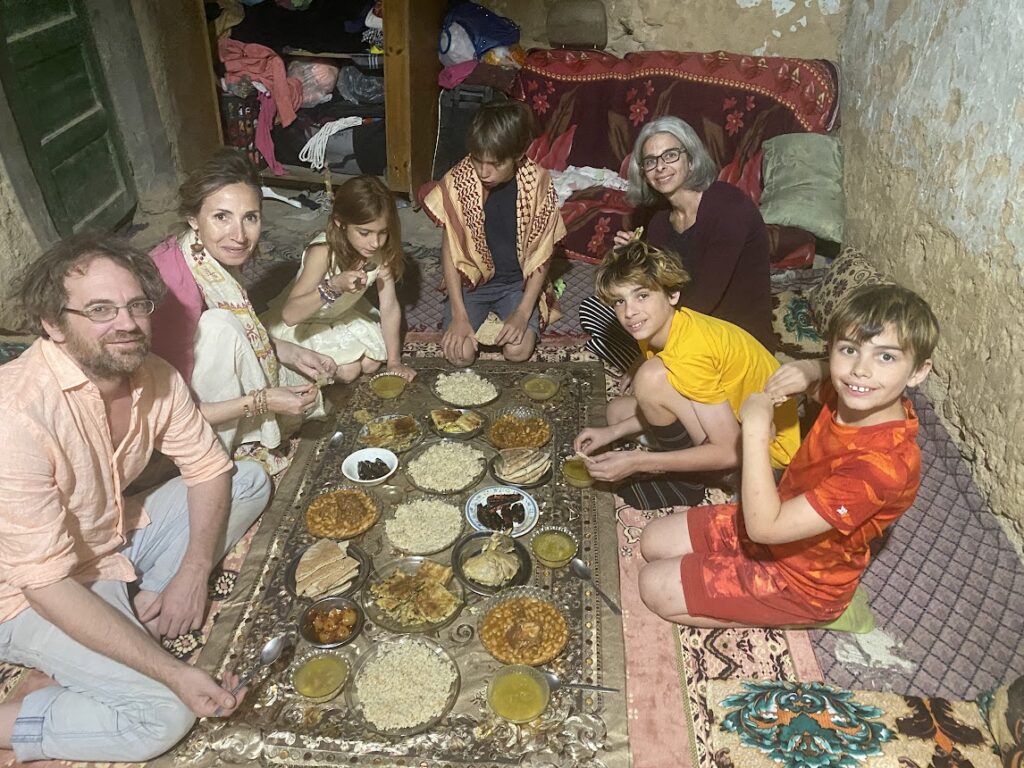
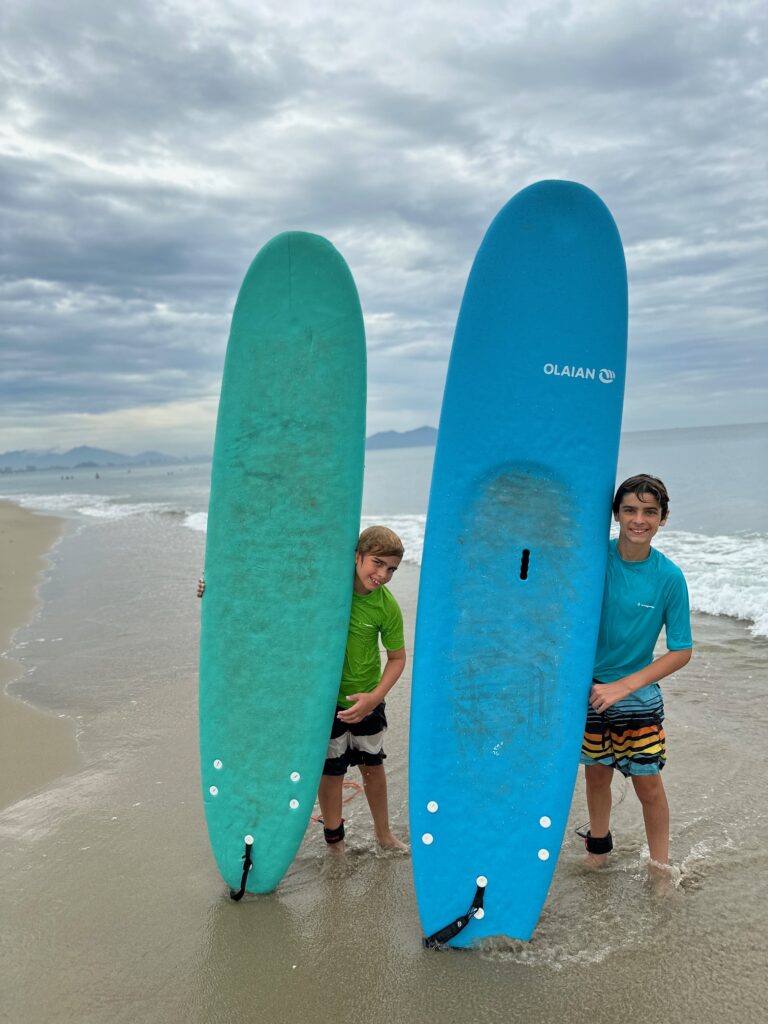
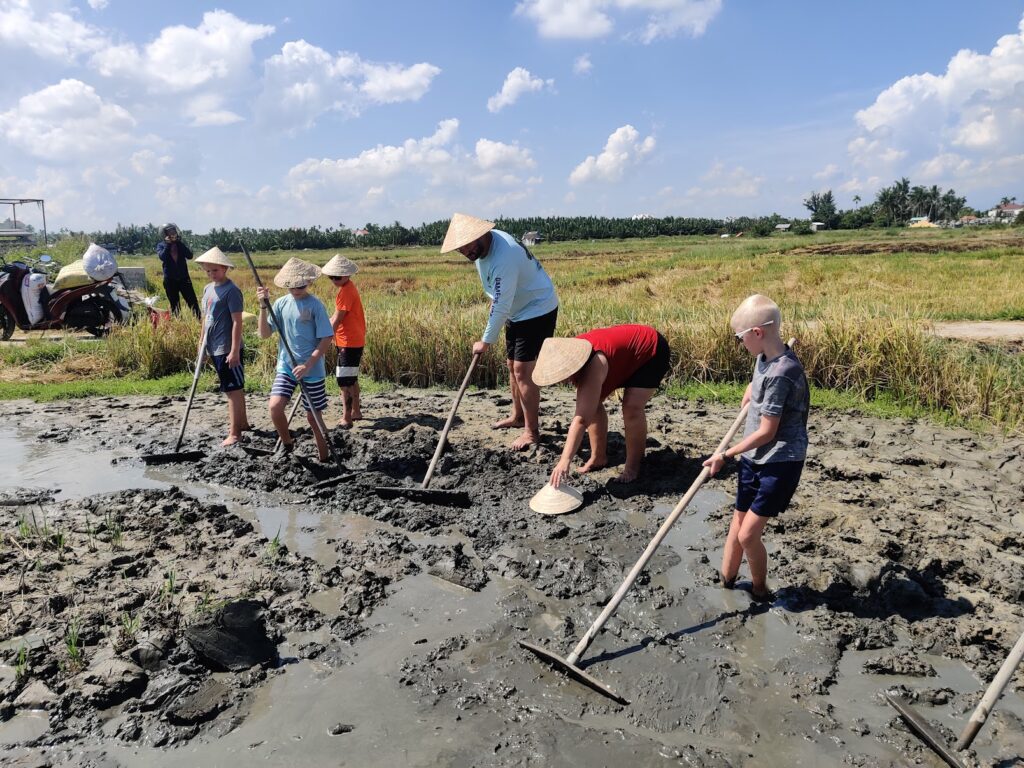
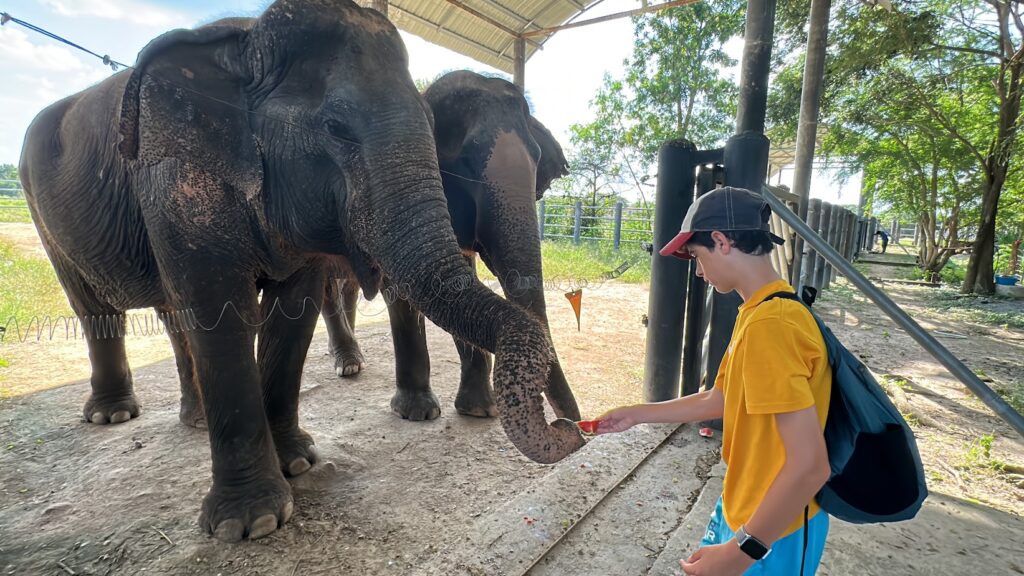
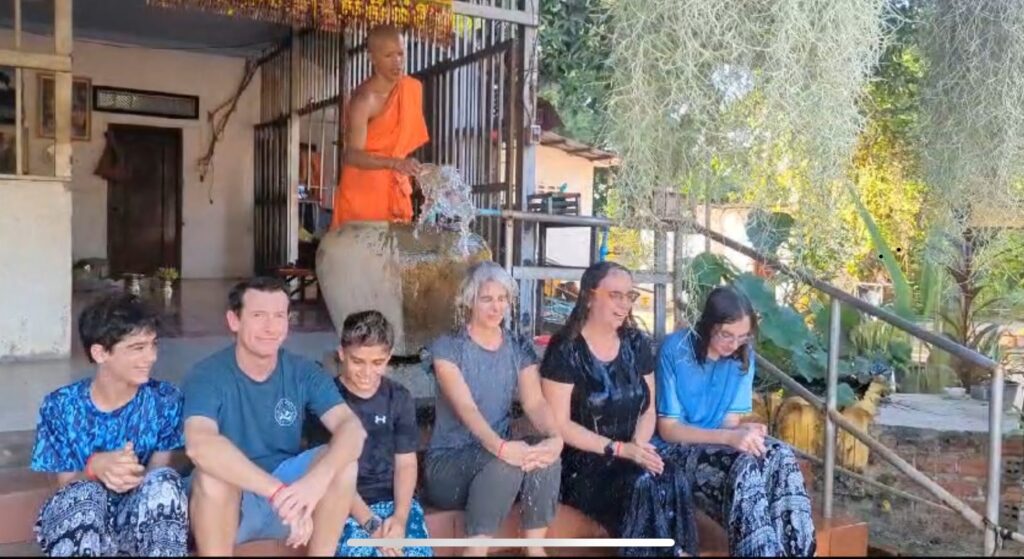
So there you have it — some of the reasons why we are ditching the traditional school model in favor of worldschooling. From exploring the globe and embracing real-world adventures to fostering empathy and social responsibility, it’s all about giving Lucas and Henry the tools they need to thrive in an ever-changing world. And hey, if it means we get to tag along for the ride and see the world through their eyes, well, that’s just the cherry on top.



